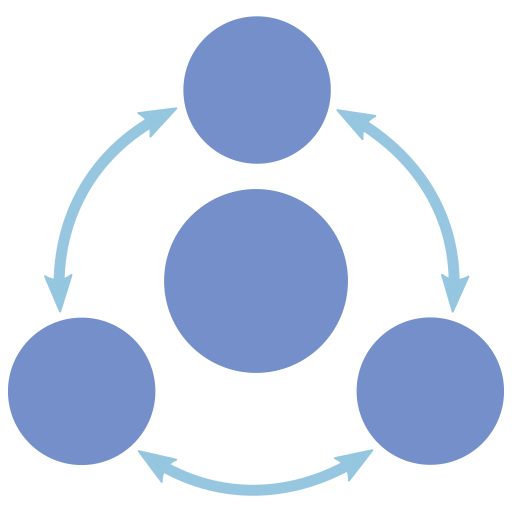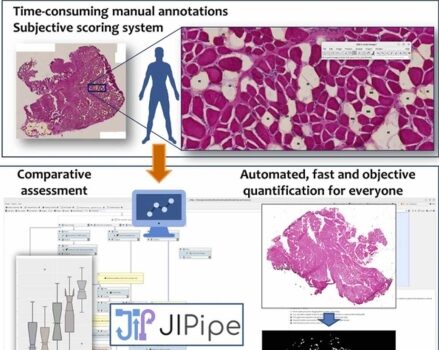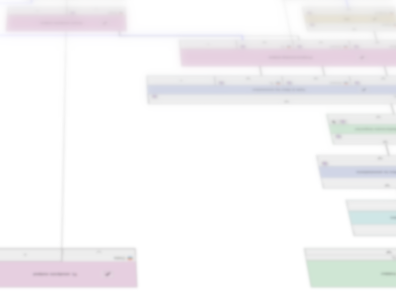The assessment of muscle condition is of great importance in various research areas. In particular, evaluating the degree of intramuscular fat (IMF) in tissue sections is a challenging task, which today is still mostly performed qualitatively or quantitatively by a highly subjective and error-prone manual analysis. We here realize the mission to make automated IMF analysis possible that (i) minimizes subjectivity, (ii) provides accurate and quantitative results quickly, and (iii) is cost-effective using standard hematoxylin and eosin (H&E) stained tissue sections. To address all these needs in a deep learning approach, we utilized the convolutional encoder-decoder network SegNet to train the specialized network IMFSegNet allowing to accurately quantify the spatial distribution of IMF in histological sections. Our fully automated analysis was validated on 17 H&E-stained muscle sections from individual sheep and compared to various state-of-the-art approaches. Not only does IMFSegNet outperform all other approaches, but this neural network also provides fully automated and highly accurate results utilizing the most cost-effective procedures of sample preparation and imaging. Furthermore, we shed light on the opacity of black-box approaches such as neural networks by applying an explainable artificial intelligence technique to clarify that the success of IMFSegNet actually lies in identifying the hard-to-detect IMF structures. Embedded in our open-source visual programming language JIPipe that does not require programming skills, it can be expected that IMFSegNet advances muscle condition assessment in basic research across multiple areas as well as in research fields focusing on translational clinical applications.
IMFSegNet
In this project, quantitative imaging with deep learning is employed to evaluate histological muscle samples with regard to their fat…
JIPipe
JIPipe introduces a visual programming language into ImageJ that allows the creation of pipelines by designing flow charts. This language…







